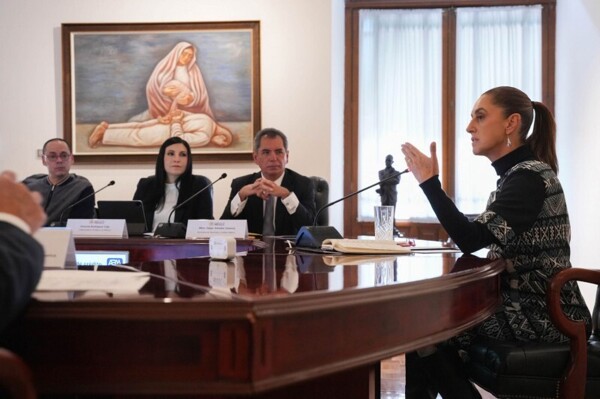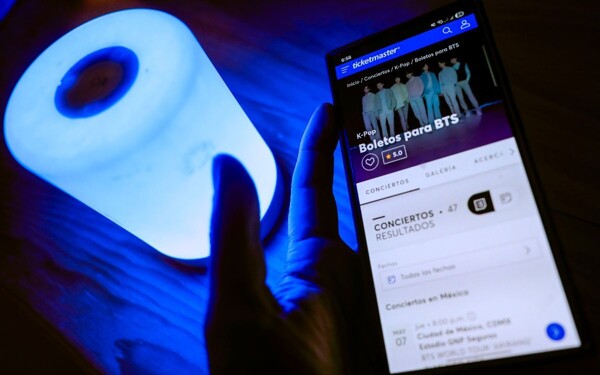
Mexico has established itself as a global leader in instant payment infrastructure, demonstrating how these technologies can transform financial ecosystems. In 2024, the United States launched FedNow, a service designed to accelerate real-time payments nationwide. Although FedNow is in its early stages, it presents the opportunity to collaborate with Mexico in creating an interconnected cross-border payment ecosystem.
Remittances between the United States and Mexico are crucial for the economy of both countries and represent a step toward economic resilience and mutual prosperity. The integration of instant payment systems between the two countries could enhance the user experience and increase the disposable income of beneficiaries, positively impacting the economy on both sides of the border.
Collaboration between SPEI in Mexico and FedNow in the United States would offer significant advantages, such as frictionless interoperability, cost efficiency by reducing remittance fees, and boosting economic growth through more efficient financial transactions. Cross-border instant payments allow for faster access to funds and reduce the costs associated with money transfers, benefiting recipient families by lowering financial fees.
Mexico has excelled in developing instant payment technologies, with innovations such as CoDi and DiMo that extend the reach of SPEI and promote financial inclusion. The country has achieved that 8.3% of payments are made in real time, demonstrating strong adoption of systems that strengthen SPEI. The Interbank Electronic Payment System (SPEI), developed by the Bank of Mexico 21 years ago, has facilitated secure and low-cost real-time transactions.
In 2024, Mexico received more than $64 billion in remittances from the United States. These transfers are essential for 1.8 million families that rely on them to cover basic expenses such as health, education, and housing. Despite their importance, cross-border payments remain costly and slow, with an average fee of approximately $5.88 to send $350 to Mexico in the same year.













